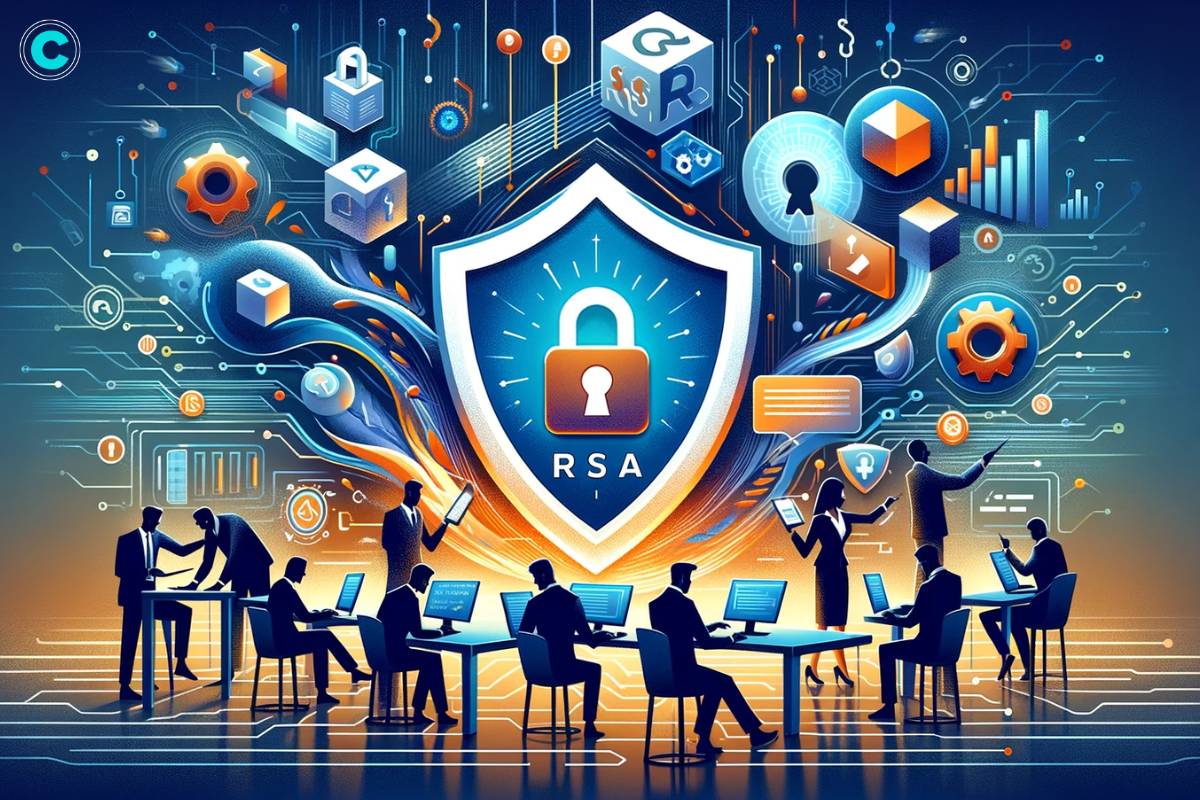(Source-vendict.com)
New AI Technologies Bring New Risks
As the world gears up for the 33rd annual RSA Conference on cybersecurity, set to take place in San Francisco the week of May 6, the anticipation is palpable. With over 40,000 attendees from 130 countries expected to attend, this year’s conference promises to be a hub of intense discussion and collaboration. Jim Harper, serving his 16th year as chairman of RSA Conference, notes a heightened intensity and urgency surrounding this year’s event, driven by three prominent themes emerging from speaker submissions: artificial intelligence (AI), information manipulation, and career burnout.
The proliferation of AI technologies across industries has been a focal point in cybersecurity discussions, with nearly one in every five speaker submissions focusing on AI. While these AI-powered systems offer transformative potential, security professionals are increasingly recognizing associated risks. Concerns range from potential data leaks to accuracy issues inherent in large language model (LLM) systems. The challenge lies in developing compensating controls to mitigate these risks, especially considering the evolving regulatory landscape surrounding AI technologies.
The Crisis of Information Manipulation
Another pressing concern highlighted by speaker submissions is the alarming rise of information manipulation, exemplified by the ease of creating deepfakes. Once requiring technical expertise, the creation of deepfakes now merely demands intent, posing significant threats to both societal and business realms. Cybersecurity experts fear the potential exploitation of deepfakes to influence public opinion, particularly in the context of upcoming elections. Moreover, instances like the implantation of a backdoor in widely-used software underscore the pervasive nature of information manipulation threats, extending beyond altered media to critical infrastructure vulnerabilities.
Burnout: A Persistent Challenge
Amidst these technological challenges, the cybersecurity community grapples with an escalating issue of burnout. High-profile ransomware attacks, coupled with the looming specter of personal liability for corporate breaches, have exacerbated stress levels among cybersecurity professionals. Analysis of speaker submissions reveals a concerning spike in discussions around burnout, reminiscent of previous peaks during periods of heightened crisis. The current resurgence underscores the need for proactive measures to support the mental well-being of cyber workers and address systemic vulnerabilities contributing to burnout.
The Power of Community
Despite these challenges, the RSA Conference serves as more than a gathering of cybersecurity experts—it embodies the spirit of a mission-driven community. In a world where technology permeates every aspect of daily life, cybersecurity professionals stand united in their commitment to safeguarding digital ecosystems. As attackers operate in isolation, cybersecurity professionals leverage the power of collaboration and knowledge-sharing to confront evolving threats. The RSA Conference represents not just an event but a testament to the collective resolve of the global cybersecurity community.
As the cybersecurity world braces for its “Super Bowl” in San Francisco, the convergence of insights and concerns underscores the critical imperative for collective action and innovation in safeguarding digital resilience.






